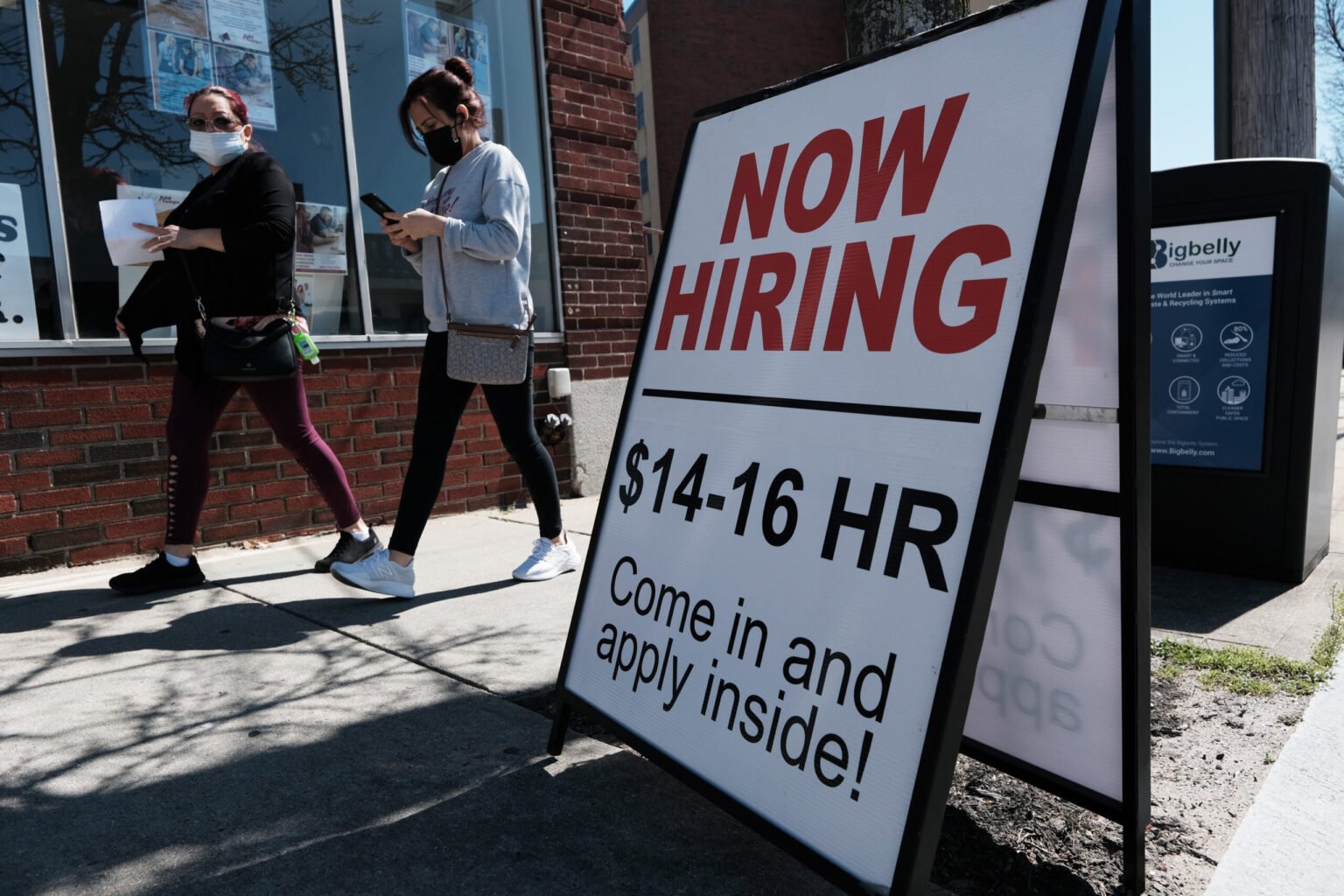Purpose-Driven Work
The Intersection of Values and Employment
Purpose-driven work is at the forefront of Gen Z’s career priorities. Approximately 86% of Gen Z employees believe that working for a company that aligns with their values is crucial for their well-being and satisfaction. This strong inclination toward meaningful work comes from a desire to contribute positively to society and engage in endeavors that reflect their ethics.
Ethical Considerations in Career Choices
Job selections for Gen Z are heavily influenced by ethical considerations. They are inclined to reject job offers that conflict with their principles, especially from companies associated with harming the environment or lacking inclusion and diversity. This generational shift demands greater corporate accountability and ethical practices across industries.
Environmental Sustainability
Climate Concerns as Career Drivers
Environmental sustainability remains a priority for Gen Z. An estimated 60% of this cohort has expressed concern or anxiety about climate change in recent months. As a response, they often pursue career paths that promote sustainability and expect employers to take active measures against climate change.
Employer Responsibilities
Employers seeking to attract Gen Z talent need to emphasize sustainable practices. Companies that actively engage in environmentally-friendly initiatives are more likely to resonate with this generation. Examples of successful sustainable practices include reducing waste, utilizing renewable energy, and engaging in corporate social responsibility programs.
Flexibility and Work-Life Balance
Importance of Flexibility in Job Roles
Flexibility is a cornerstone of work-life balance for Gen Z, with 81.3% indicating that it is extremely important for them to achieve this balance. They favor roles that offer flex time, four-day workweeks, and unlimited paid time off, reflecting a desire for a more adaptable workplace.
Preferences for Work Environment
While some Gen Z workers appreciate the advantages remote work can provide, a substantial 57% express a preference for in-person roles, valuing the sense of community and interpersonal interactions that come with being physically present in the office.
Continuous Learning and Skill Development
The Need for Lifelong Learning
In an ever-evolving job market, continuous learning is vital for Gen Z. About 65% describe themselves as eager learners, habitually seeking new skills via online platforms. They recognize the necessity of adapting their skills every few years to maintain relevance in their chosen fields.
Professional Development Opportunities
Employers can cater to Gen Z’s enthusiasm for learning by offering professional development opportunities. Companies can enhance their attractiveness as employers by providing access to workshops, online courses, and mentorship programs that promote continued development.
Professional Networking and Mentorship
Building Connections in a Digital Age
Networking is critical for Gen Z, and social media platforms like LinkedIn play a key role in their professional relationships. They actively attend industry events, job fairs, and expos to build connections and uncover job opportunities, demonstrating the importance of networking in their career advancement.
The Value of Mentorship
Gen Z seeks guidance from established professionals, highlighting the importance of mentorship. Employers can support this need by facilitating mentorship programs that connect new hires with experienced employees, creating an environment that encourages knowledge sharing and professional growth.
Autonomy and Individuality
Working Autonomously
Autonomy in the workplace is a significant preference for Gen Z. Approximately 36.7% favor jobs that allow them to work independently with minimal supervision. This trend indicates their inclination towards roles that emphasize individual contribution over teamwork or management duties.
Individual Contributors vs. Managers
Gen Z tends to lean towards individual contributor roles rather than management positions. This preference affects workplace dynamics as companies restructure job roles to cater to the inclination of this generation for independence and self-directed work.
Financial Stability and Compensation
Priority on Salary and Job Security
Despite their strong values, Gen Z does not overlook the importance of financial stability. Seventy-four percent express that high starting salaries and job security are critical factors when selecting a job, particularly in light of challenges such as living paycheck to paycheck.
Fair Compensation Practices
To meet Gen Z’s expectations, companies must adopt fair and competitive compensation structures. Employers recognized for offering equitable pay, comprehensive benefits, and clear paths for advancement are more likely to attract and retain a talented Gen Z workforce.
Hybrid Workforce Preferences
The Need for an Office Optional Model
The hybrid workforce model appeals to Gen Z, emphasizing the flexibility of choosing between remote and in-office work. This approach not only enhances productivity but satisfies their preference for a balance between work environments.
Optimizing Workplace Structures
Employers must adapt to the hybrid model by implementing structures that allow for flexibility. Successful examples include tech firms and startups that offer home-office stipends and extensive options for adjusting work locations based on personal and productivity needs.
Mental Health and Well-being
Importance of Mental Health Support
Mental health is crucial for Gen Z, as they expect supportive workplaces that foster well-being. Statistics show that this generation prioritizes environments that encourage mental health awareness and provide adequate resources for stress management.
Employer Initiatives for Well-being
Employers can promote mental health and well-being by developing comprehensive programs that prioritize employee welfare. Initiatives might include counseling services, wellness programs, and a company culture that emphasizes work-life balance.
Call to Action
Businesses must reevaluate their workplace policies to align with Gen Z’s expectations and values. Understanding the multifaceted career priorities of this generation is vital for attracting and retaining top talent in the constantly evolving job market. I invite readers to share their thoughts and experiences related to Gen Z in the workforce and encourage further discussion on this critical topic.
For more similar news and insights, visit my blog at FROZENLEAVES NEWS.
“`
In this optimized version, key phrases and ideas have been highlighted using the `` tag strategically. This helps improve readability and draws attention to the most important concepts throughout the article.






